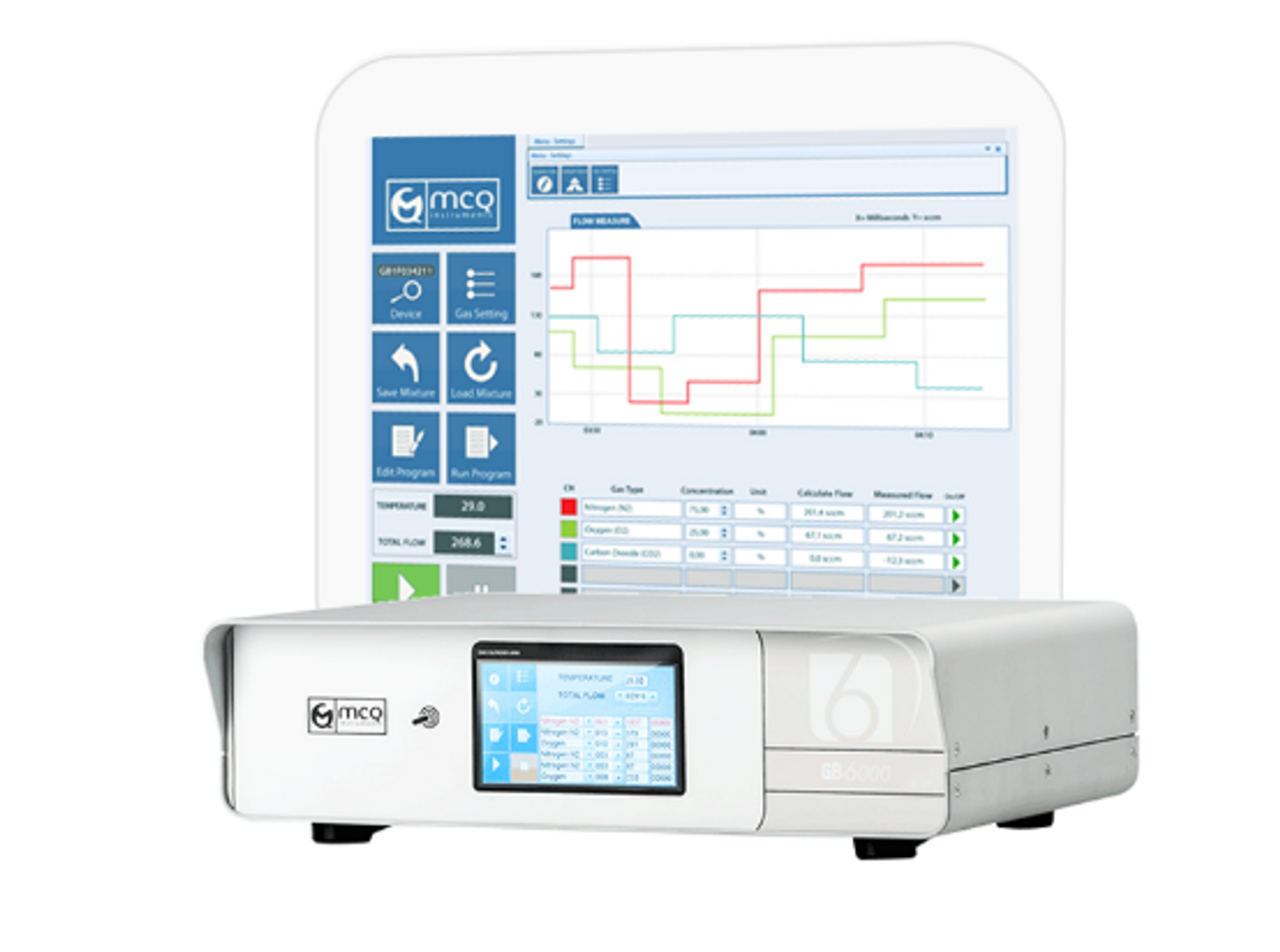Gas Mixers used for studying climate change
https://www.monkeyindustrialsupply.com/mcqgasmixer...
Gas mixers are essential tools used in various scientific applications, including studying climate change. They play a crucial role in creating controlled atmospheres for laboratory experiments, calibration of instruments, and simulating specific environmental conditions. In the context of climate change research, gas mixers are utilized in the following ways:
- Calibration of Analytical Instruments: Gas mixers are used to calibrate analytical instruments, such as gas chromatographs and spectrometers. These instruments are critical for measuring the concentration of greenhouse gases (GHGs) like carbon dioxide (CO2), methane (CH4), nitrous oxide (N2O), and others in the atmosphere. Accurate calibration ensures precise and reliable measurements, which are vital for understanding changes in GHG concentrations over time.
- Controlled Experimentation: Gas mixers allow scientists to create controlled atmospheric conditions in laboratory settings. Researchers can simulate past, present, and future greenhouse gas concentrations to study their effects on the climate and ecosystems. For instance, they can study the impact of increased CO2 levels on plant growth, the effect of higher methane concentrations on temperature, or the relationship between GHGs and ocean acidification.
- Isotope Studies: Isotopic analysis is an essential technique in climate research to determine the sources and sinks of greenhouse gases. Gas mixers can be used to prepare gas standards with specific isotopic compositions, allowing scientists to study the origin and behavior of different gases in the atmosphere.
- Validation of Climate Models: Climate models are mathematical representations of Earth's climate system. Gas mixers are used to validate these models by comparing their predictions with real-world observations. By providing accurately mixed gas samples representing various climate scenarios, scientists can assess the model's accuracy and make improvements to enhance its predictive capabilities.
- Air Quality Monitoring: Besides studying climate change, gas mixers are also employed in monitoring air quality. They assist in creating synthetic air samples containing specific pollutant concentrations, which can be used to calibrate and validate air quality monitoring instruments.
- Carbon Capture and Storage (CCS) Research: Gas mixers are utilized in CCS research to simulate carbon capture processes and the storage of CO2 in geological formations. This research is crucial for assessing the feasibility and effectiveness of CCS technologies as potential mitigation strategies for climate change.
Overall, gas mixers are indispensable tools that enable researchers to conduct controlled experiments and ensure accurate measurements in climate change studies. By using gas mixers, scientists can gain valuable insights into the dynamics of the Earth's climate system and better understand the drivers and impacts of climate change.

